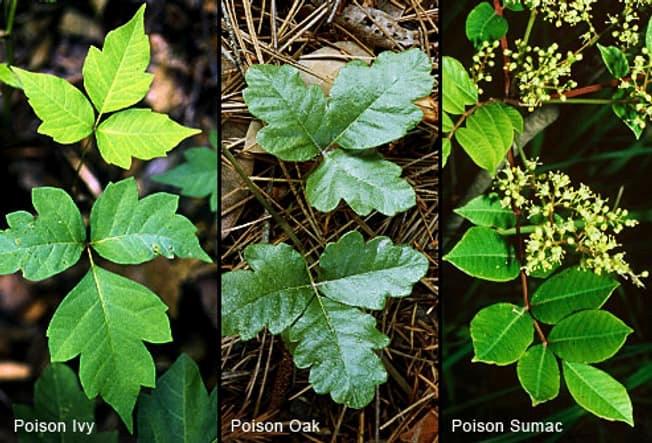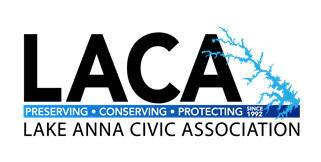By Sue Biondi – July 2022
This past fall and winter, I wrote articles related to those seasons. I hope you found them helpful. To continue my health series, there are a variety of health risks that come with the warmer weather. It’s a time that we all wait for, a time to get out of the house and enjoy the higher temperatures, sunshine and longer days. Those longer days increase the possibility of insect and animal bites and physical injuries associated with increased activity, especially outdoor sports. So, let’s run through a few warm weather consequences.
Insect Bites and Stings - Most insect bites and stings cause a mild reaction, such as redness, itching or minor swelling. There may be an instant burning pain or redness at the site. A welt at the site may be present, or a small white spot at the sting area, where you may be able to see the stinger. A moderate reaction may be swelling around the area that increases through the day and may last several days. A severe reaction, or anaphylaxis, may cause shock, respiratory and cardiac arrest within minutes. Symptoms may include swelling of the tongue or throat, trouble breathing, nausea, vomiting, dizziness, fainting or loss of consciousness.
Anaphylaxis is a medical emergency and 911 should be called. People known to have an anaphylaxis reaction should always carry epinephrine. For treatment of a mild reaction, cold compresses or topical cortisone cream should reduce pain. If a stinger is visible, remove by pushing it aside with a scraping motion. Do not grab with fingers or tweezers or more toxin may be released. Administer an antihistamine as prescribed, if not allergic to this medicine. A person may consider West Nile virus if generalized symptoms continue.
Animal Bites - During warmer months, the possibility of non-domestic or domestic bites increases. Stray and wild animals, including bats, raccoons and skunks, bite thousands of people every year.
 Animal bites have a greater probability of becoming infected, especially for people with diabetes, peripheral artery disease or weakened immune systems. If bitten by a non-domestic animal, call 911 and move to a safe area. Authorities will attempt to capture and quarantine and test for rabies. A health care provider should be seen within 24 hours to assess for infection. Other diseases transmitted may be viral, bacterial, fungal and parasitic.
Animal bites have a greater probability of becoming infected, especially for people with diabetes, peripheral artery disease or weakened immune systems. If bitten by a non-domestic animal, call 911 and move to a safe area. Authorities will attempt to capture and quarantine and test for rabies. A health care provider should be seen within 24 hours to assess for infection. Other diseases transmitted may be viral, bacterial, fungal and parasitic.  If you come in contact with any of the above, immediately wash the skin with soap and warm water. Apply cold compresses or soak the area in cold water. Over-the-counter oral antihistamines are helpful. For more severe rashes, oral, cream, ointment or gel forms of corticosteroids may be used. Wear long sleeved shirts, long pants and enclosed footwear.
If you come in contact with any of the above, immediately wash the skin with soap and warm water. Apply cold compresses or soak the area in cold water. Over-the-counter oral antihistamines are helpful. For more severe rashes, oral, cream, ointment or gel forms of corticosteroids may be used. Wear long sleeved shirts, long pants and enclosed footwear.
Other warm weather issues to consider - Lyme disease is a bacterial disease caused by a bite from an infected tick, which may affect joints, the heart, and the nervous system. Treatment is with antibiotics. After outdoor activities, persons should examine all areas of the skin, especially the groin, axilla and scalp. Mostly, a tick must be attached for 36 to 48 hours or longer before transmitting Lyme disease bacteria.
Poison Ivy, Poison Oak and Poison Sumac - All poisonous plants are found throughout yards, gardens and wooded areas. Identification of these plants is the best way to avoid becoming victim to their allergic reactions. There are many samples of types of leaves online. Becoming familiar with the different varieties may help you avoid coming in contact.
These are just a few of the problems associated with the warm weather season. After being restricted to mostly being indoors for the past two or more years, everyone is getting out into the fresh air and resuming those wonderful, fun activities that may find us in one of the situations listed in this article.
My next article will contain information about how to respond to snake bites, concussions, drowning, lacerations and puncture wounds, sprains and strains, sunburn and West Nile virus. Most of these topics become more prevalent as the temperatures increase and we are swimming and spending longer hours outdoors. If you have any questions related to anything mentioned in this article, be sure to email me at sue.biondi@lakeannavirginia.org and I will be glad to answer any questions or concerns. See you next month.
sue.biondi@lakeannavirginia.org
